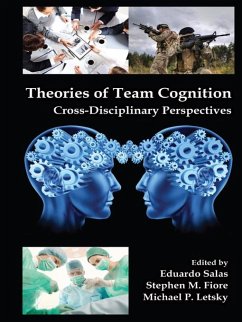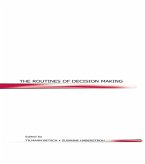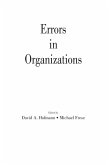Cognitive processes in teams have been a valuable arena for team researchers to explore. Team cognition research advances and informs a variety of disciplines, including cognitive and social sciences, engineering, military science, organizational science, human factors, medicine, and communications. There has been a great deal of progress in the team cognition literature, yet the field is still in its early stages of maturity. There is much more to be gained from the field's insights and there is a need to unite the diverse array of scholarly ideas that permeate the field. This movement will serve to organize the research and ideas that have surfaced in the field, thereby making them more accessible to different disciplines while at the same time, motivating continued progress in the field. This book aims to be a step in this direction and acts as a forum for leading scholars to share their ideas, theories, models, and conceptions about what matters and where more attention is needed in the field of team cognition.
Dieser Download kann aus rechtlichen Gründen nur mit Rechnungsadresse in A, B, BG, CY, CZ, D, DK, EW, E, FIN, F, GR, HR, H, IRL, I, LT, L, LR, M, NL, PL, P, R, S, SLO, SK ausgeliefert werden.









